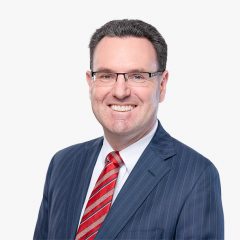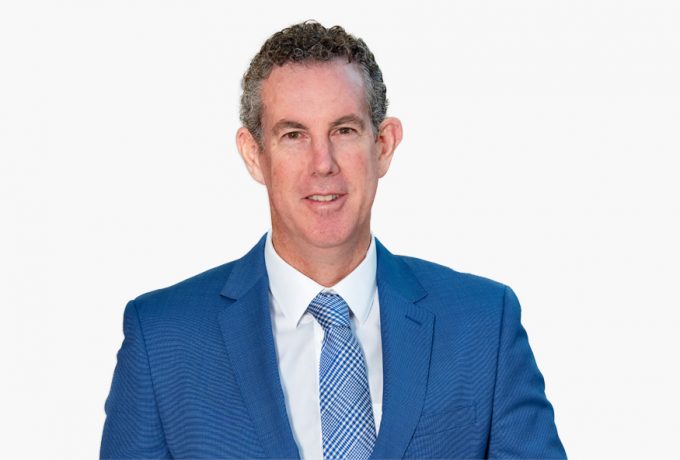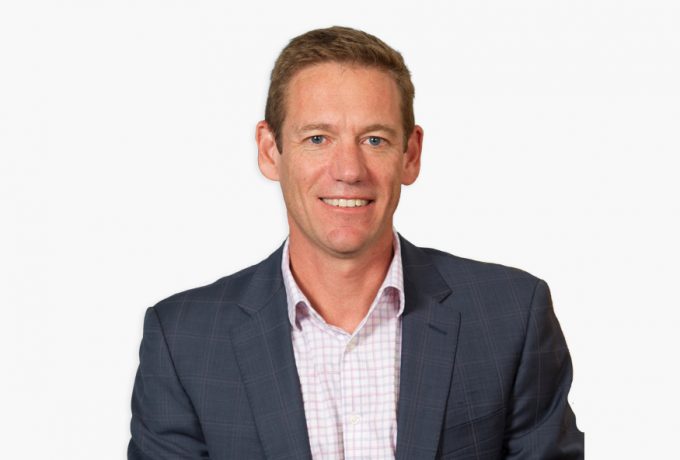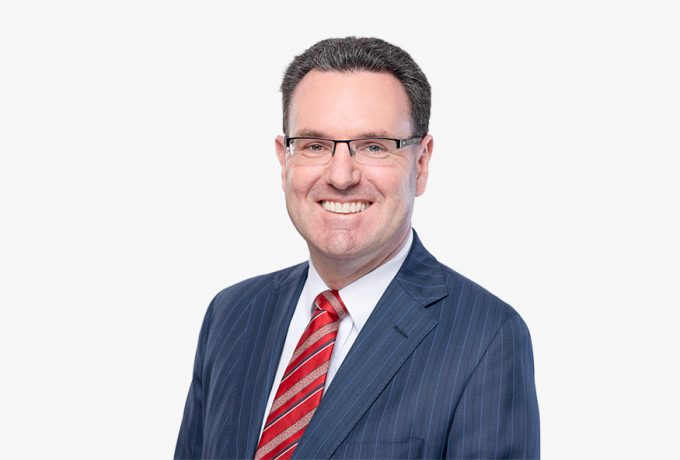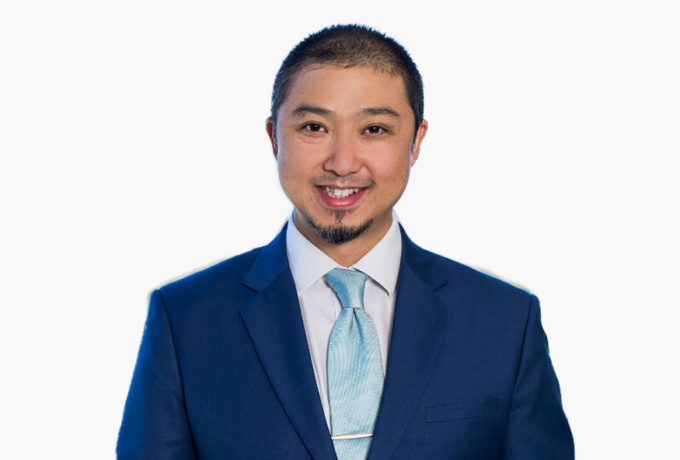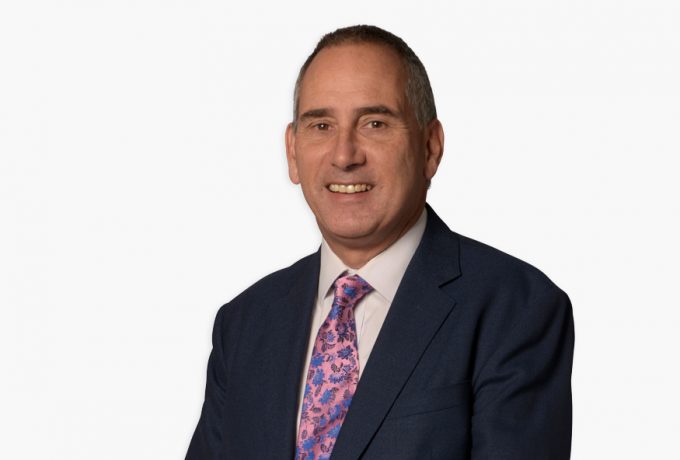
The State Revenue Legislation Further Amendment Act 2020 came into effect in New South Wales on 24 June 2020 and may impose foreign surcharges on unsuspecting purchasers or owners of NSW residential land.
Since 21 June 2016, trustees of discretionary trusts that are ‘foreign trusts’ have been liable to pay a surcharge rate of stamp duty on an acquisition of residential land in NSW, currently imposed at the rate of 8%. Further, since 31 December 2016 (i.e. from the 2017 land tax year), trustees of foreign trusts have been liable to pay a surcharge rate of land tax on residential land, currently imposed at the rate of 2% per year.
What are the rules about?
As a result of the State Revenue Legislation Further Amendment Act 2020 (Amendment Act) coming into force in June 2020,[1] a discretionary trust will be deemed to be a foreign trust for NSW stamp duty and land tax purposes unless the terms of the trust deed expressly provide that:
- no foreign person can be a potential beneficiary of the trust (No Foreign Beneficiary Requirement); and
- the terms of the trust cannot be amended in future to allow a foreign person to become a potential beneficiary of the trust (No Amendment Requirement).
A potential beneficiary of a discretionary trust can include any current beneficiary of the trust, including a specified, general, primary and secondary beneficiary, as well as any possible future beneficiaries of the trust, such as future grandchildren. Under the NSW duty and land tax rules, each potential beneficiary is deemed to have the maximum percentage interest in the income or property of the trust over which the trustee may exercise a discretion to distribute.
As such, if the terms of the trust allow the trustee to distribute income or capital of the trust to any potential beneficiary, which could include a foreign person, that trust will be taken to not have satisfied the No Foreign Beneficiary requirement and the trust will be a foreign trust for NSW duty and land tax purposes.
Who may be affected by the changes?
Trustees of discretionary trusts that have held or acquired an interest in NSW residential property either directly or indirectly (for example, by acquiring a significant interest in a company or unit trust that holds land worth more than $2m) on or after 21 June 2016 may be liable for the foreign surcharges if any one of the potential beneficiaries is a foreign person.
Similarly, trustees of discretionary trusts who have entered into an arrangement to acquire an interest in NSW residential property either directly or indirectly, but where the transaction has not yet settled, may also be affected by the new rules.
It is our recommendation that trustees who fall into the above categories immediately review their trust deeds to ensure that their NSW properties will not be unintentionally captured by these changes.
When do the changes apply from?
Under the transitional provisions, a discretionary trust will not be regarded as a foreign trust if the terms of the trust deed satisfied the No Foreign Beneficiary Requirement before the Act came into effect on 24 June 2020. Trustees of discretionary trusts that did not meet the No Foreign Beneficiary Requirement before this date must satisfy both the No Foreign Beneficiary Requirement and the No Amendment Requirement by 31 December 2020.
Why are the changes important?
If both requirements are not met by 31 December 2020, the relevant trustee will be deemed to be a foreign person, and, in the absence of an exemption, will be liable for the foreign surcharges.
If, however, both requirements are satisfied by 31 December 2020, transitional provisions in the Amendment Act will operate retrospectively to relieve the trustee of the discretionary trust from being liable to the foreign surcharges for the period from 21 June 2016 to 31 December 2020.
An example of how the changes will operate
To illustrate how the changes will operate, take the following example.
On 1 July 2017, a trustee of ABC discretionary trust purchased unimproved NSW residential land with a value of $3m. The trust deed of the trust is a standard one that does not prevent distributions of income or property to foreign persons.
If the trustee does not amend the trust deed to meet the No Foreign Beneficiary Requirement and the No Amendment Requirement before 31 December 2020, the trustee will be liable to pay the duty surcharge of $240,000 (8%) and the land tax surcharge of $60,000 per annum (2%) for the 2018 to 2020 land tax years.
If, however, the trustee amends the trust deed to meet the No Foreign Beneficiary Requirement and the No Amendment Requirement before 31 December 2020, the trustee will not be exposed to the surcharges.
Testamentary trusts
The NSW Amendments also apply to “Australian testamentary trusts,” which are discretionary trusts that arise from a will or codicil or the administration of an intestate estate, where the deceased was not a foreign person immediately before his or her death.
A trustee of an Australian testamentary trust will not be a foreign trustee, even if the trust allows foreign beneficiaries to be potential beneficiaries, if:
- the will or codicil was executed on or before 31 December 2020, or
- the deceased died intestate before, or within 2 years after, 24 June 2020, or
- an order of a court varying the application of the provisions of a will or codicil or of the rules governing the distribution of an intestate estate was made on or before 31 December 2020.
However, any testamentary trust that arises from a will or codicil executed after 31 December 2020 must include provisions that satisfy both the No Foreign Beneficiary Requirement and the No Amendment Requirement.
What are the next steps?
Clients should contact their Pitcher Partners representative to review their trust deeds and determine whether any action is required before 31 December 2020.
[1] These changes were first introduced in the NSW parliament in 2019. You can read more about the changes here.
